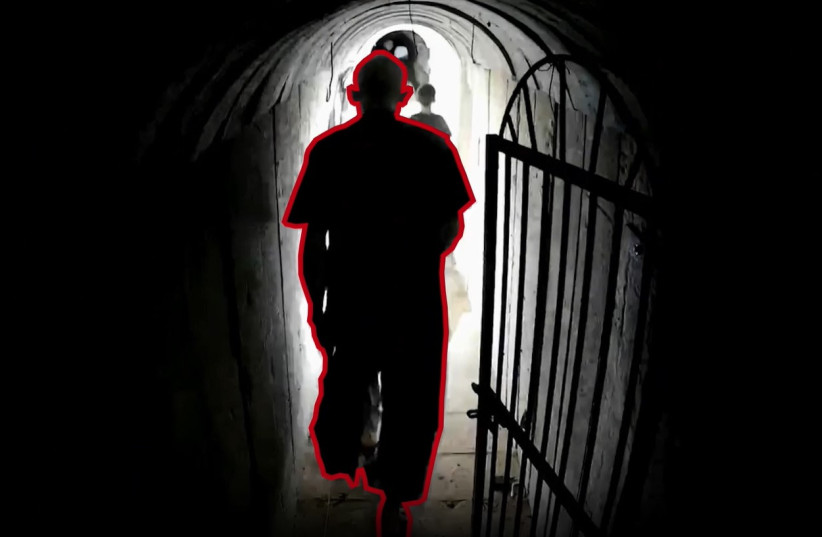There is a debate among experts regarding the rationality inherent in Yahya Sinwar’s decision-making. While the majority of experts believe that Sinwar is an irrational psychopath, others claim that he is a psychopath who ultimately makes rational decisions.
A computer analysis conducted at Reichman University’s Computerized Decision Making Lab – using the HUDDLEAI software, which combines artificial intelligence (AI) with a unique method for identifying decision patterns – has found that Sinwar’s decisions are rational, as they advance his goals and objectives as the head of the terrorist organization, Hamas.
This conclusion is not based on any Israeli or Western point of view, but rather on an assessment informed by the ideology and goals of Hamas.
The study was conducted under my leadership as director of the Computerized Decision Making Lab at Reichman and former provost of the university. Research assistant Liam Sadowitz contributed to the study.
AI to understand Sinwar
Using the AI software, a retrospective reconstruction of 14 of Sinwar’s decisions was performed, including his decisions on a ceasefire agreement with Israel in 2021 following Operation Guardian of the Walls; the decision to abstain from joining Palestinian Islamic Jihad (PIJ) after the IDF operation to eliminate senior members of that terrorist organization; the decision to launch a large-scale surprise attack against Israel on October 7; the decision to agree to a temporary ceasefire in exchange for the release of some of the hostages in November 2023; and the decision to extend that ceasefire at the exit point of November 29, 2023.

The study found that rationality on Sinwar’s part cannot be refuted in 12 out of the 14 decisions examined, in view of his avowed goals: the preservation of Hamas’s ruling power, the survival of the Hamas leadership, and the release of Palestinian security prisoners. According to the study, Sinwar rationally assesses the various alternatives while taking these key criteria into account.
Although the decision to carry out Hamas’s invasion of Israel on October 7, 2023, was not initially identified as rational, following the publication of a top-secret Hamas document revealing Sinwar’s written statement that Iran had pledged to join Hamas via its proxies (Hezbollah, the pro-Iranian militias in Syria and Iraq, and the Houthis from Yemen), a subsequent analysis indicated that Sinwar’s decision was rational, despite his possible underestimation of the intensity of Israel’s response to October 7.
Sinwar's Oct. 7 calculations
In other words, the decision to invade on October 7 was found to be compatible with Sinwar’s calculations in light of the dominant criteria of the organization’s decision-making, along with Sinwar’s expectation that Hezbollah and other members of the Iranian axis would join forces with Hamas in fighting Israel.
Understanding the way in which Sinwar makes decisions has dramatic implications for the prediction of future decisions.
For example, in a simulation conducted at Reichman University using the software a few weeks ago, it was found that if Israel were to take a more rigid stance regarding humanitarian aid, or threaten to invade Rafah, Hamas would likewise harden its position regarding the hostages, as it indeed did.
This is not a trivial finding.
Whether Sinwar is incommunicado or not, the ability to recognize his decision-making pattern is critical to understanding and predicting Hamas’s decisions regarding the hostages and the progression of the war.
The writer is director of the Computerized Decision Making Lab at Reichman University and the author of 15 books on decision-making and strategic analysis.
